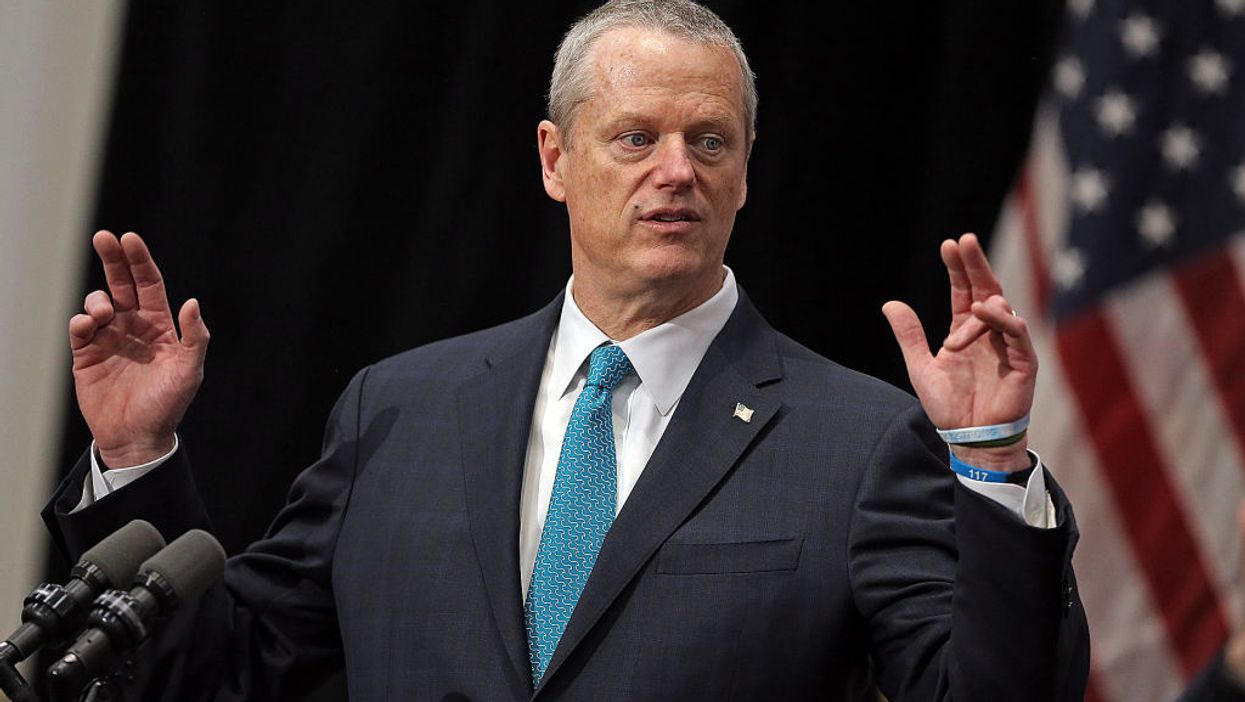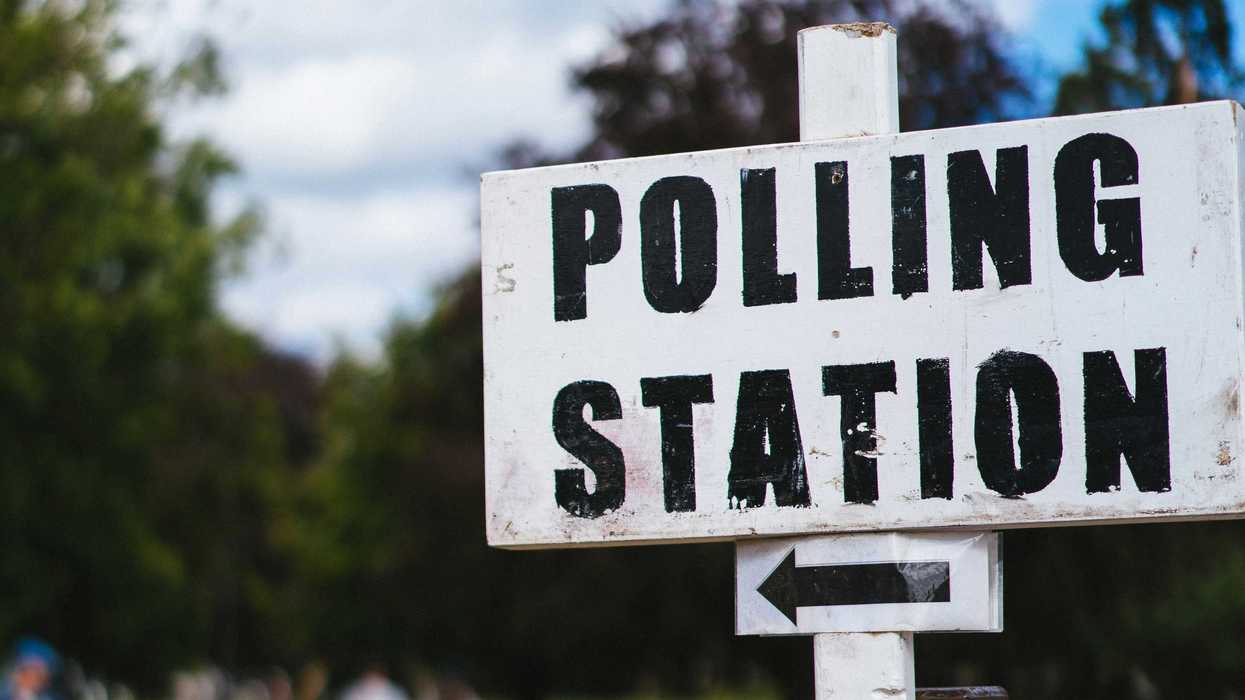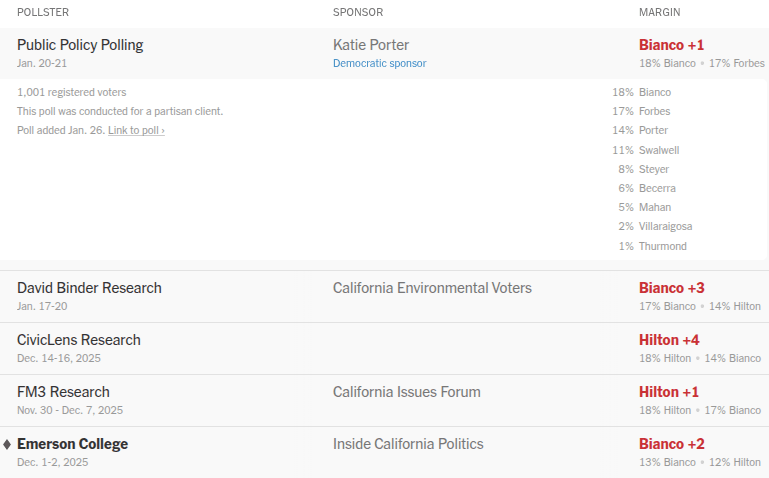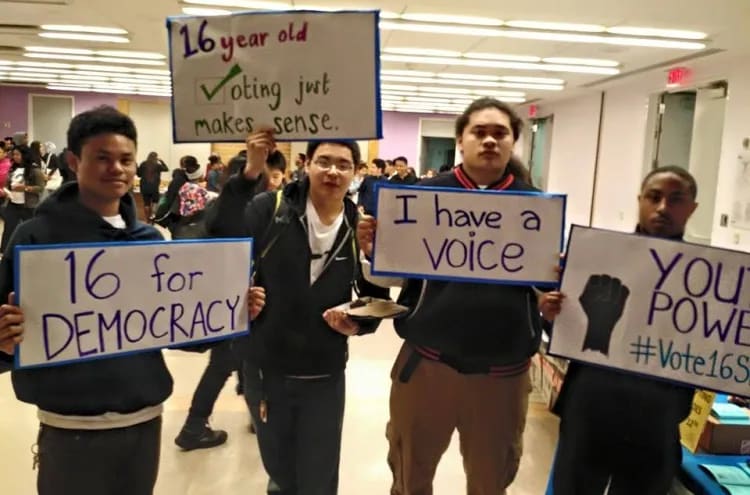Massachusetts has dropped its excuse requirements for voting by mail because of the coronavirus pandemic — not only in this summer's primary but also in the general election.
Legislation signed on Monday by Gov. Charlie Baker is significant because it makes Massachusetts among the first states to lock in the ability of all registered voters to cast ballots by mail for November.
While a majority of states have made it easier in at least some ways to vote remotely during the primaries, deliberations across the country about the rules for mail voting in the general election are only beginning to ramp up.
The increasingly partisan split over voting by mail is generally pitting Democrats, who see it as an expansion of voting rights at a crucial moment to protect the electorate's health, against Republicans, who argue there are already enough ways for people to safely vote — and who are aligning behind President Trump's false claims that mail-in voting incubates widespread fraud.
Five states already planned to conduct all-mail elections before the Covid-19 outbreak. Another 28 states and the District of Columbia allow all registered voters to obtain an absentee ballot without citing a reason.
In addition to reliably blue Massachusetts, the Delaware General Assembly has passed legislation allowing expanded mail-in voting for the general election. In battleground New Hampshire and solidly red West Virginia, edicts issued by state officials easing the laws governing mail-in ballots remain in effect.
But the issue in many of the remaining states will be decided in the courts, because the legislatures of most states have adjourned for the year.
The Massachusetts law does not make the expansion of mail-in voting permanent; the law covers the Sept. 1 primary and expires at the end of the year.
Under the law, the state will send each registered voter an application for a mail-in ballot ahead of both the primary and general elections — and conduct a public awareness campaign about the virtues of mail voting.
In-person voting will also be expanded by several days in August and the two weekends before Nov. 3, to make voting more convenient and to reduce crowding at polls.
Massachusetts is now "committed to helping preserve our democracy amid a worsening pandemic — and other states must follow their lead," said Brett Edkins of Stand Up America, a progressive group that's been among the most outspoken advocates for easing voting rules. "This legislation serves as a marker for states across the country to ensure voters receive a mail-in ballot application, can track their ballots online, and have safe in-person early voting options this fall."
Massachusetts has more than 105,000 confirmed Covid-19 cases and 8,000 deaths as of Tuesday.
The state's 11 electoral votes are a lock for former Vice President Joe Biden. The hottest contest in the state this year is the Democratic primary for the Senate, with Rep. Joe Kennedy challenging veteran incumbent Ed Markey.






















